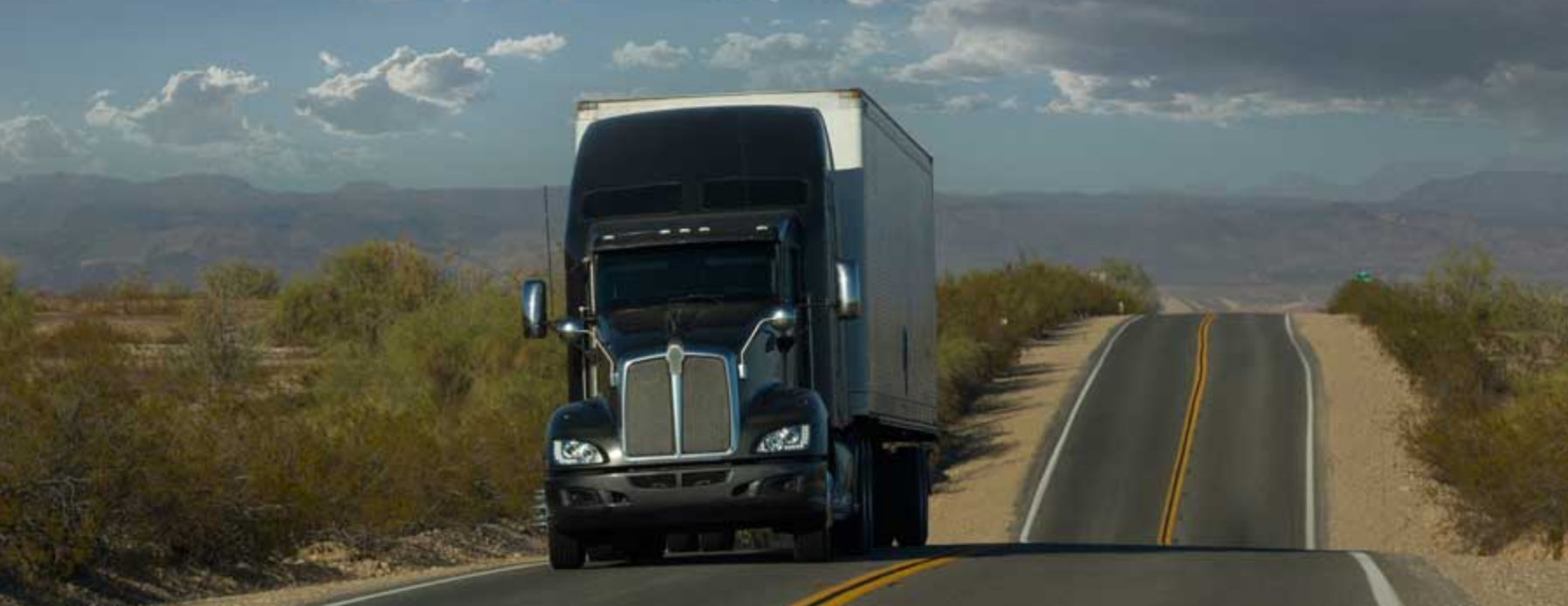DEFs and California Truck Regulations There’s a misconception that being a trucker is easy – that you just get comfy and drive around in the sunshine, with your favourite music playing and the wide open road ahead. And while it has moments like that, it’s still a job. A job that’s done in all conditions, rain or shine, with long stretches away from home and your family. A job with rules, laws, safety protocols, and plenty of paperwork that follows you everywhere you go. Government regulation of the trucking industry varies across provinces and states, with some being stricter than others on things like maintenance, scheduling, and emission standards. California is well known for being among the strictest places in North America when it comes to these laws, and has been for many years. Starting in 2008, the California government began mandating that trucks had to systematically upgrade their engines and equipment, and install new tech in order to increase aerodynamics and lessen friction – at the truckers’ own cost, naturally. While such modifications may end up saving money in the long run, and are not a bad idea in theory, it is a lot of money to invest up front into a fleet of vehicles all at once. From 2012 to 2020, all trucks have to periodically swap out older parts for newer ones that would meet the ever-higher standards from the government.
One of the biggest changes, though, was the mandatory installation of diesel particulate filters. These after-market filters scrub out some particulates from the exhaust vents of the engine, keeping the worst of the soot pollutants out of the air – but they can be very expensive (into the thousands of dollars), unmodifiable (once it’s on, it cannot legally be removed or tampered with), and if not properly maintained can hamper the performance of your vehicle. Again, this is not a bad policy per se – but just this step, retrofitting a fleet with these devices, can rack up six-figure price tags. Which brings us to the main point: starting next year, any truck built before 2010 that does not have an upgraded engine – yes, the whole engine – will be denied registration in California. And not only that, as technology changes over time, this consistent upgrade will be an ongoing process that doesn’t stop, costing truck owners time, money, and stress every year for the foreseeable future. We’re not against environmental regulations here at West Tech Mobile, but we are against a system that unduly punishes the hardworking truck drivers and equipment operators that make our economy run. Just when it seems like they’re catching up to the “way things are”, that way changes and they have to shell out again to avoid costly fines and penalties. The onus should be on the governing body to do the research into this technology they’re introducing, and making sure that it’s long-lasting enough to make the transitions and installations worth the effort. Beyond that, it seems unfair to pin the entire cost on the industry – since their whole business model depends on being able to drive their trucks, and they have literally no choice but to pay up or go out of business. Framed that way, it doesn’t seem like a very helpful move, does it? So you know what West Tech thinks – but what do you think? Are regulatory bodies like the ones in California overstepping their bounds and costing truck drivers thousands in unnecessary costs? Or is all of this a step in the right direction for the industry, with no alternative way to subsidize the rising prices of being a trucker? Let us know your thoughts in the comments! Comments are closed.
|
|
What Sets Us Apart
• Service Trucks & Mobile Service • 5 Laptops & 1 North American automotive scanner • Commercial Vehicle Inspection Programs • Fleet Maintenance • Trailer Shuttles • Open 6 days a week |


 RSS Feed
RSS Feed
